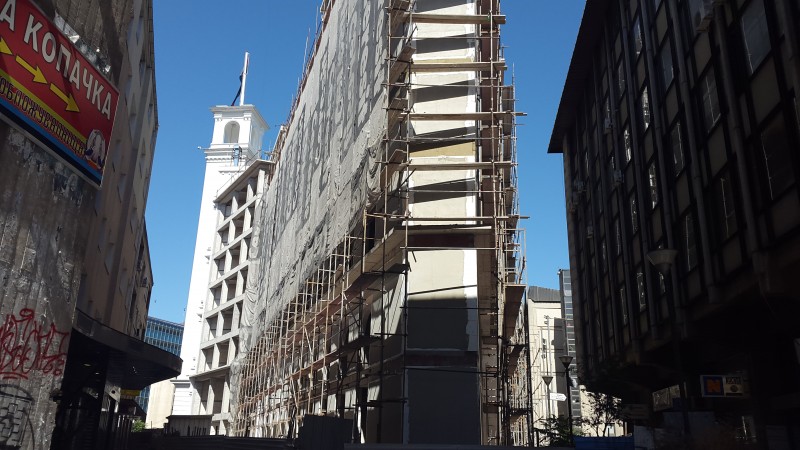If moderate forces in France and Germany fail to join together to create what the US historian Arthur Schlesinger, Jr., called the “vital center,” the assault on economic openness and liberal democracy will gain traction. In this sense, the French and German elections will turn 2017 into be a make-or-break year for the EU.
To receive the Brussels Briefing in your inbox every morning, sign up here. You must be a registered user of the Financial Times. To register click here.
As Europe’s 28 heads of state or government gather again in Brussels this afternoon, it is worth recalling that special energy that European summits bring. This format is virtually unique in international affairs – even at G20 meetings “minders” are allowed in the room. It can make them wonderfully unpredictable and very human, especially (like today) when no big concrete decision needs to be taken. Here are three political live-rails to watch
One of the Richest Political Parties in Europe Rules One of the Poorest European Countries

Back part of the seat of political party VMRO-DPMNE in Skopje, Macedonia. Photo: GV, CC BY.
Macedonia is one of the poorest countries in Europe. However, a recent documentary reveals that its ruling party VMRO-DPMNE amassed more wealth than its counterparts in the richest countries on the continent.
Yesterday, 12 October 2016, I took part in a seminar titled “Resolving Spain’s political deadlock” held at my home institution, RMIT University, in Melbourne. I presented alongside Marta Poblet and Antonio Castillo, both from RMIT. We each spoke for about 15 minutes and there was a lively discussion with the attendees. Here’s a blurb announcing the event:
Spain’s political deadlock continues… In this seminar, Spanish and Australian experts from the Centre for Communication, Politics and Culture (CPC), the Digital Ethnography Research Centre (DERC) and the European Union (EU) Centre at RMIT University, will make an attempt at unlocking some of the issues behind the political crisis in Spain and its impact.
Discover more from Erkan's Field Diary
Subscribe to get the latest posts sent to your email.